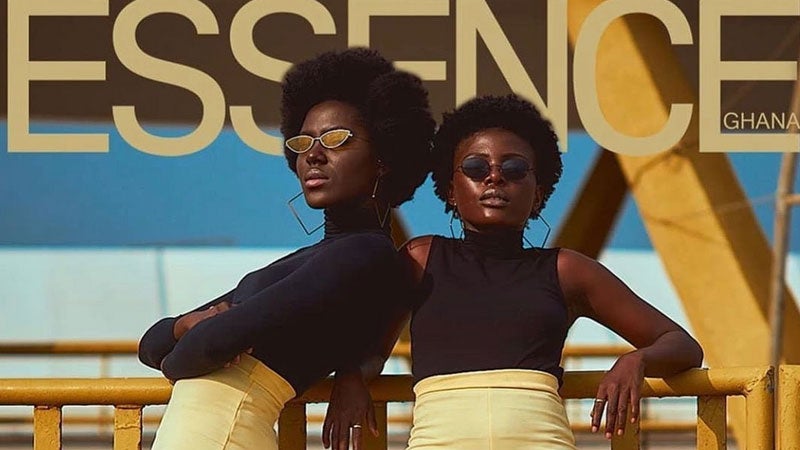
In the last few weeks, social media has been overflowing with acts to amplify the injustice, discrimination, and oppression of Black people on all fronts. From protests and petitions to call-outs to brands showing their “solidarity” – the call to action in seeking justice for George Floyd, Breonna Taylor, Ahamud Arbery and the many Black lives lost by. the hands of the police has produced movements on social media, including #BlackOutTuesday and the #VogueChallenge.
The Vogue challenge took off quickly, sweeping Twitter and Instagram with Black and Brown faces on the covers, an occurrence which is few and far between for the publication. The challenge seemed to have called attention to the disregard of Black people at Vogue. Anna Wintour, who has sat at the helm of Vogue for the last three decades penned a letter of apology to current employees. “I want to say plainly that I know Vogue has not found enough ways to elevate and give space to Black editors, writers, photographers, designers and other creators. We have made mistakes too, publishing images or stories that have been hurtful or intolerant. I take full responsibility for those mistakes,” Wintour wrote. “It can’t be easy to be a Black employee at Vogue, and there are too few of you. I know that it is not enough to say we will do better, but we will — and please know that I value your voices and responses as we move forward. I am listening and would like to hear your feedback and your advice if you would like to share either,” she continued.
Oddly, on June 12th Vogue published an article featuring the Vogue challenge and exploring a deeper look at the challenge’s meaning and the issues it unveils behind Vogue’s walls, although many people were aware of the lack of diversity in front of and behind the lens. According to Vogue, two years ago Tyler Mitchell became the first Black photographer to shoot a cover story for Vogue in the publications 125-year history. That decision came at the request of the September 2018 cover star Beyonce, who recognized the societal and cultural barriers imposed on Black people. As the challenge continued to go viral, Black people began to chime in questioning why others were seeking validation from external sources, when we have our own publications who have championed Black people from the beginning including, ESSENCE, Ebony, and JET. Black models, photographers, stylists, and more began to post their take on ESSENCE covers, sparking the #ESSENCEChallenge.
For decades we have been conditioned by Western culture to align white platforms with success, leaving us to feel like we’ve “made it” if we are granted the opportunity to work for Vogue. Many designers and brands capitalize off of the likeness of Black culture while evading the responsibility of hiring Black people. The same designers and brands that we invest in with the mindset that owning their products gives value and status, have consistently counted black talent out. We must recognize our buying power and the Black designers and brands whose products are stitched with our history and stories.
Seeking validation from white entities doesn’t just end in the fashion industry, it is widespread in many facets of our lives. Every award season we rally to see our favorite and most esteemed musical artists, actors, and directors win a Grammy or Oscar, knowing that platforms like these rarely acknowledge the work of Black people — with some categories being completely absent of people of color. The continuous lack of diversity amongst nominees and winners, lead to the condemnation of such award shows birthing hashtags #OscarsSoWhite and #GrammysSoWhite. Two platforms that often erase the works of Black people while also parading our likeness. We often take note of the lack of support of celebrities when it comes to Black platforms like the BET Awards and Soul Train Awards, while some consistently in attendance for white shows. We’re not here to declare a value on the entertainment entities that have been created but rather explore the values ingrained in our minds through systems not created by us.